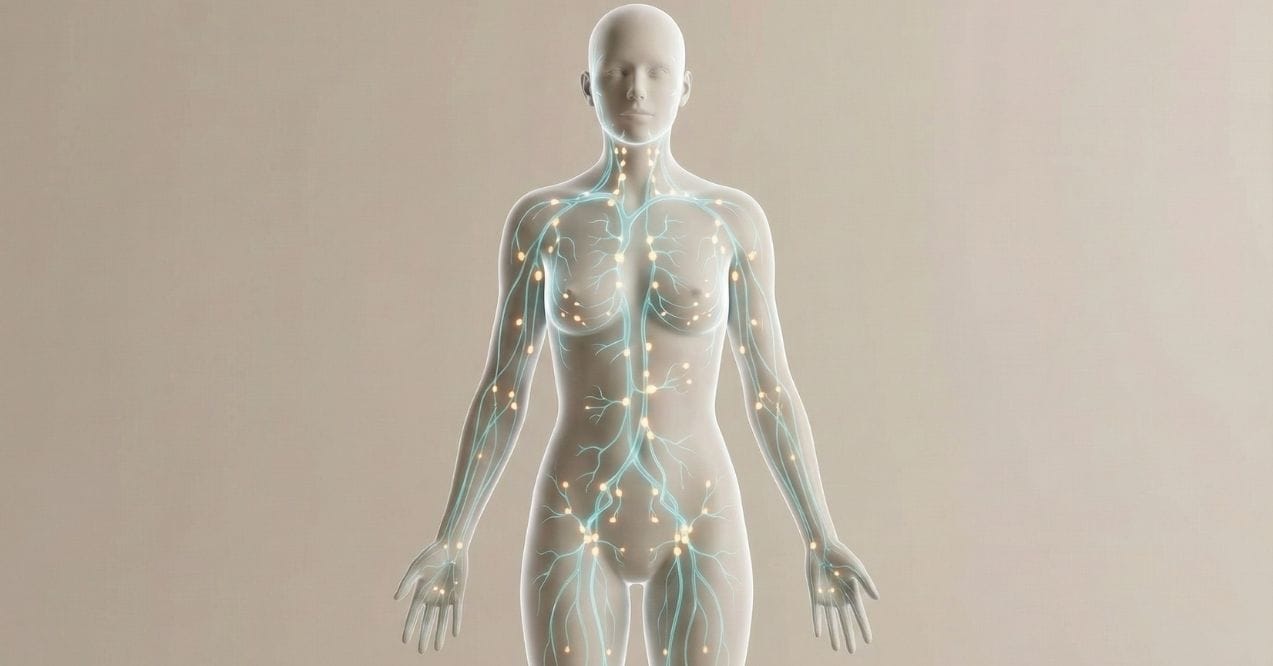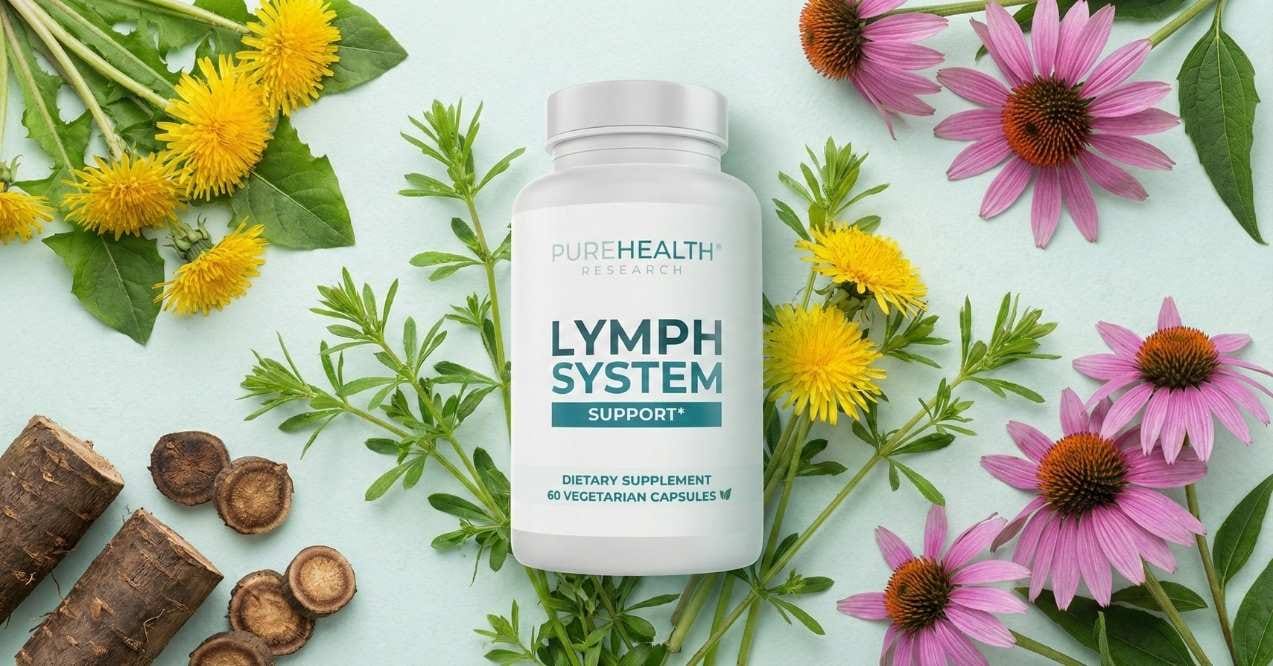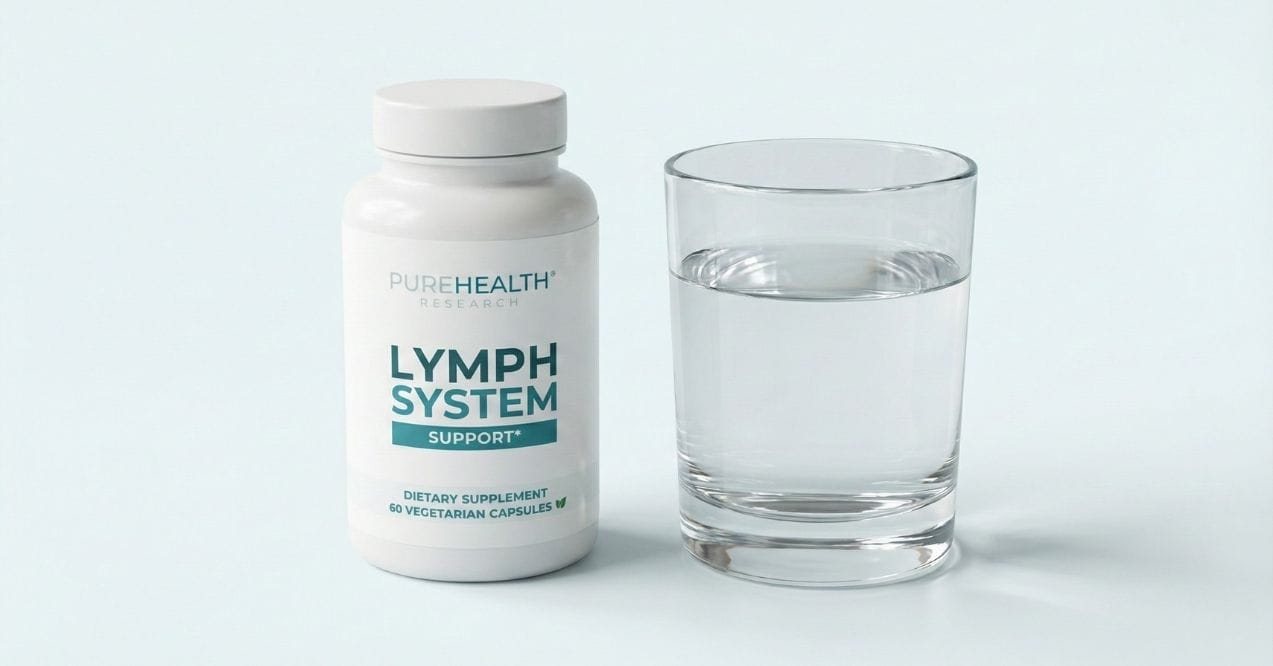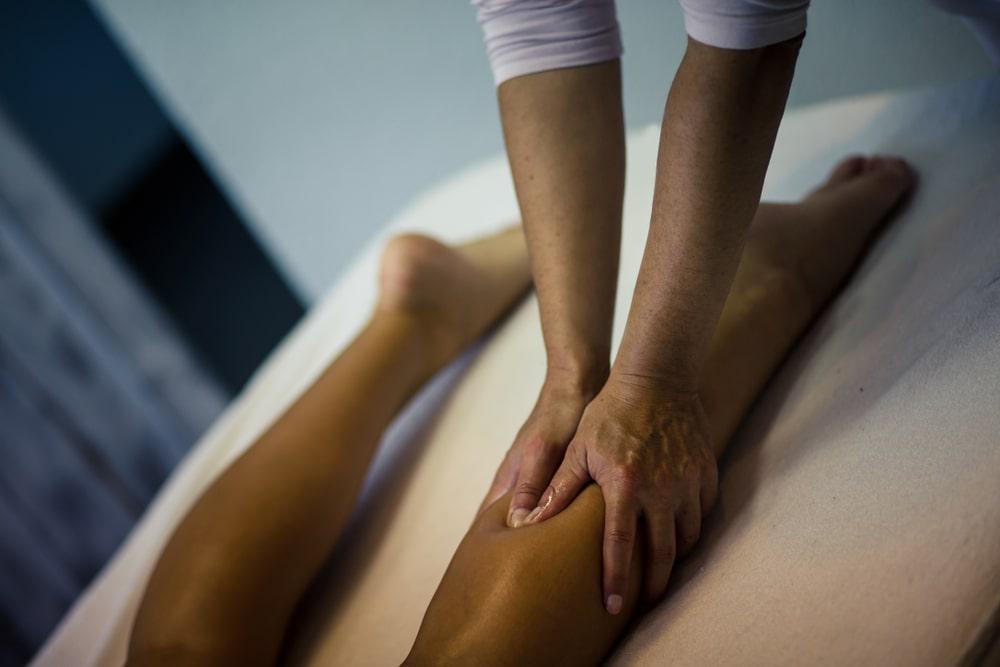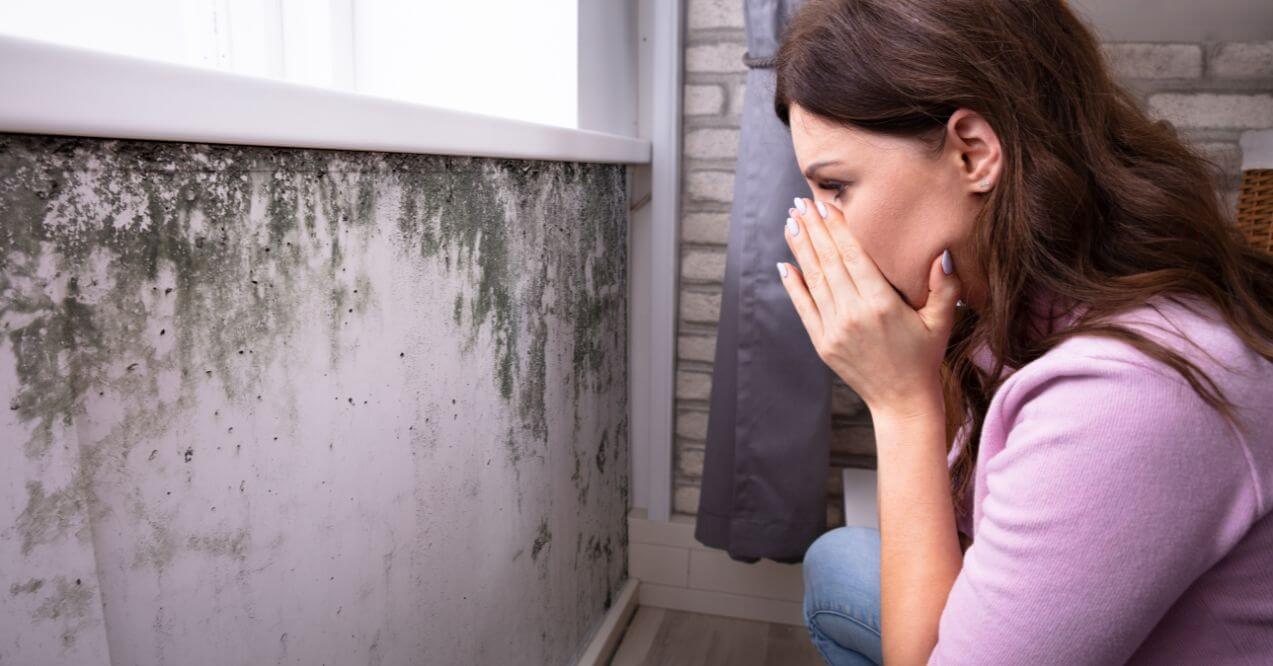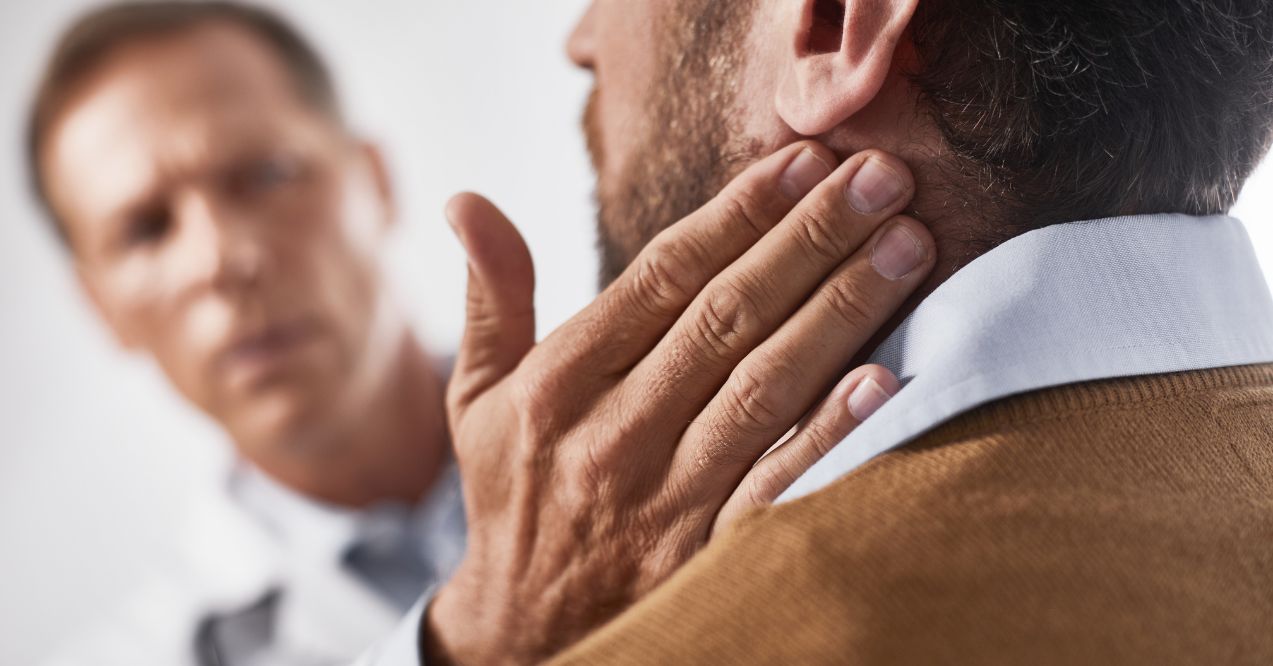Swollen Preauricular Lymph Nodes: Should I Worry?
Wondering why you have swollen preauricular lymph nodes? Discover common causes, symptoms, and effective treatment options.
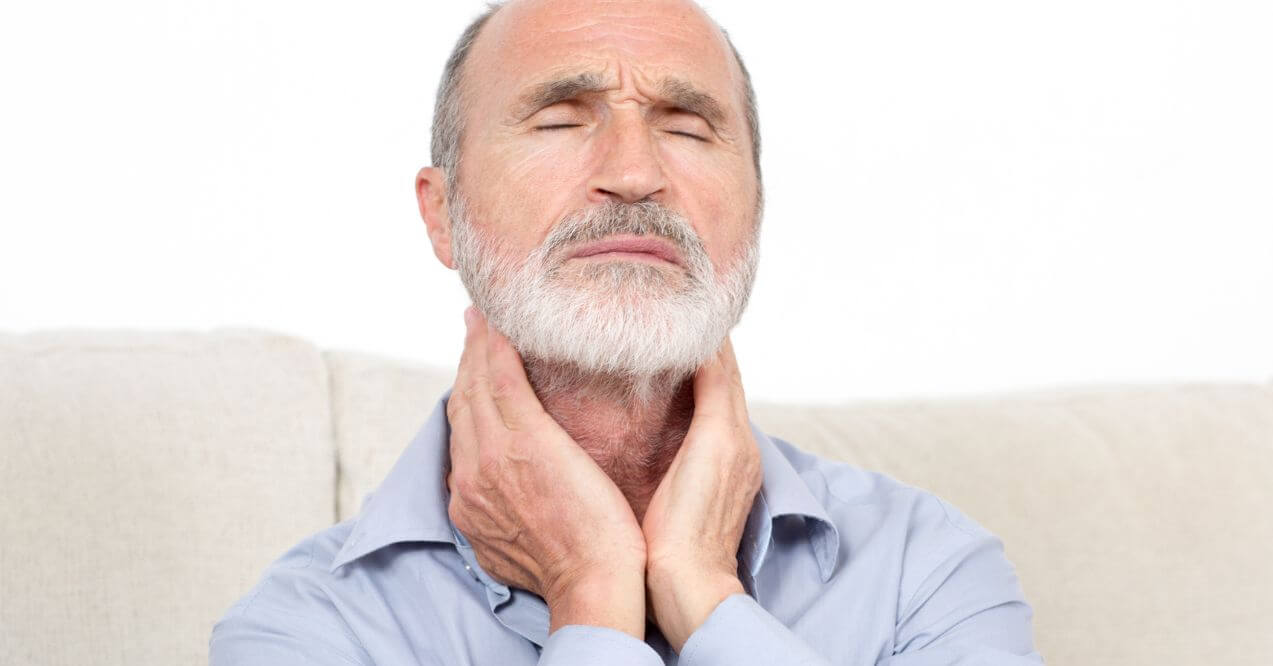

Swollen preauricular lymph nodes can be a concerning symptom for many individuals. Located just in front of the ears, these small, bean-shaped structures play a crucial role in our body’s defense system. When they become enlarged, it’s natural to wonder about the underlying cause and potential implications for our health.
This blog post aims to shed light on preauricular lymph nodes, exploring common reasons for their swelling, potential treatment approaches, and when it might be necessary to seek professional advice. By understanding these often-overlooked components of our lymphatic system, we can better interpret this bodily signal and make informed decisions about our well-being.
What Is the Preauricular Lymph Node?
The preauricular lymph node is a small, bean-shaped node located just in front of the ear, near the area where the jaw meets the skull. It is part of the lymphatic system, a network responsible for defending the body against infections and other harmful substances. Lymph nodes like the preauricular filter lymphatic fluid, a clear fluid that carries white blood cells throughout the body.
As lymphatic fluid moves through the nodes, it is cleaned of waste products, bacteria, and viruses. The preauricular lymph node is particularly important in protecting the regions around the ear, scalp, and eyes from infections. When it detects an issue, such as a nearby infection, the node can swell as it works to trap and eliminate harmful substances, signaling that the immune system is actively responding.

Swelling of Preauricular Lymph Nodes: Common Causes
Swelling of preauricular lymph nodes often indicates that the immune system is responding to an issue in the surrounding areas, such as the ears, eyes, or skin. Below are some of the most common causes that lead to enlarged preauricular lymph nodes.
Ear Infection

One of the leading causes of preauricular lymph node swelling is an ear infection, such as otitis externa (outer ear infection) or otitis media (middle ear infection). When the ear becomes infected, bacteria or viruses activate the immune system, causing the preauricular lymph nodes to swell as they work to filter out harmful substances. Symptoms of an ear infection, such as pain, discharge, or reduced hearing, often accompany a swollen preauricular node.
Eye Infection
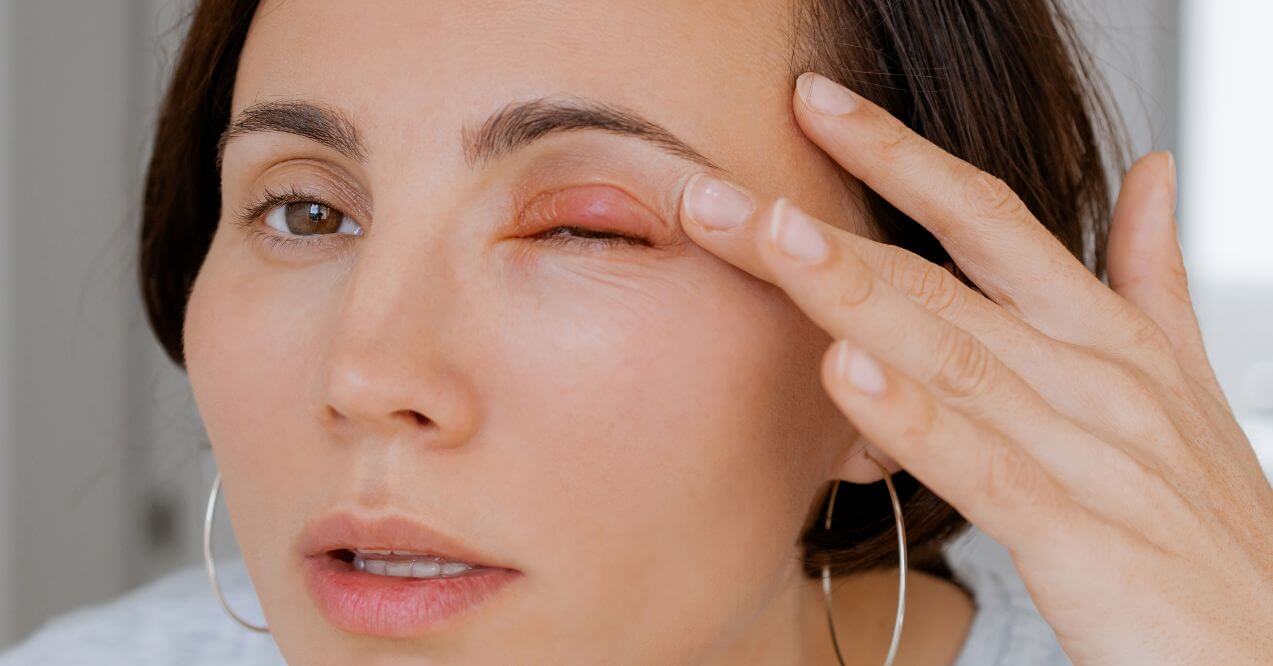
Eye infections, such as conjunctivitis (pink eye), can also result in swelling of preauricular lymph nodes. When the eyes become infected or inflamed, the nearby preauricular lymph nodes enlarge as they help fight the infection. Signs of eye infections include redness, itching, tearing, and discharge. If the preauricular lymph node swollen on one side, it may indicate an infection in one eye, as the immune response tends to be localized.
Skin or Scalp Infection
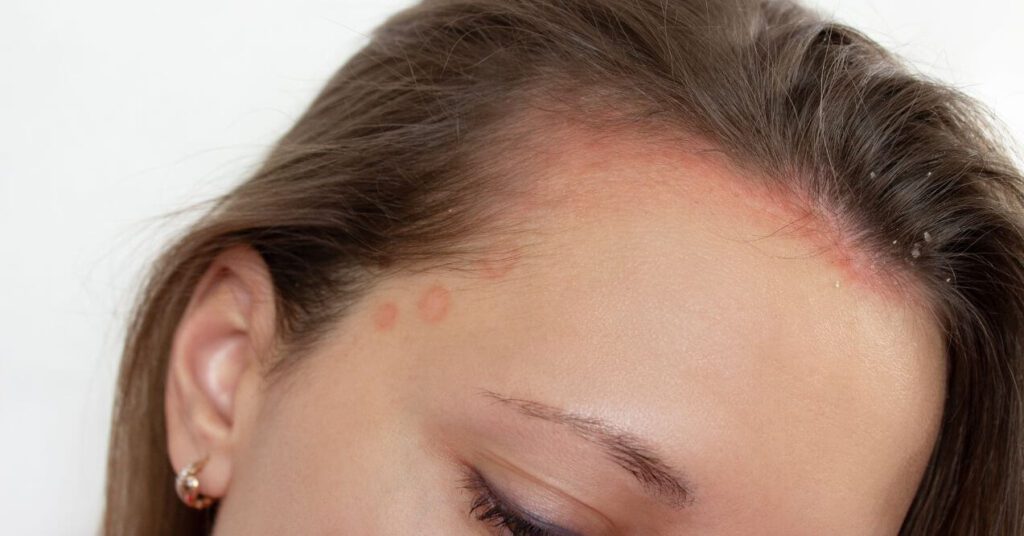
Skin or scalp infections, such as cellulitis (a bacterial skin infection), dermatitis, or abscesses, can lead to swelling of the preauricular lymph nodes. These infections typically occur when bacteria enter through breaks in the skin, causing the immune system to respond by enlarging the nearby lymph nodes. As the body works to fight off the infection, an enlarged preauricular lymph node may develop, signaling the node’s efforts to filter out harmful bacteria.
Other Conditions
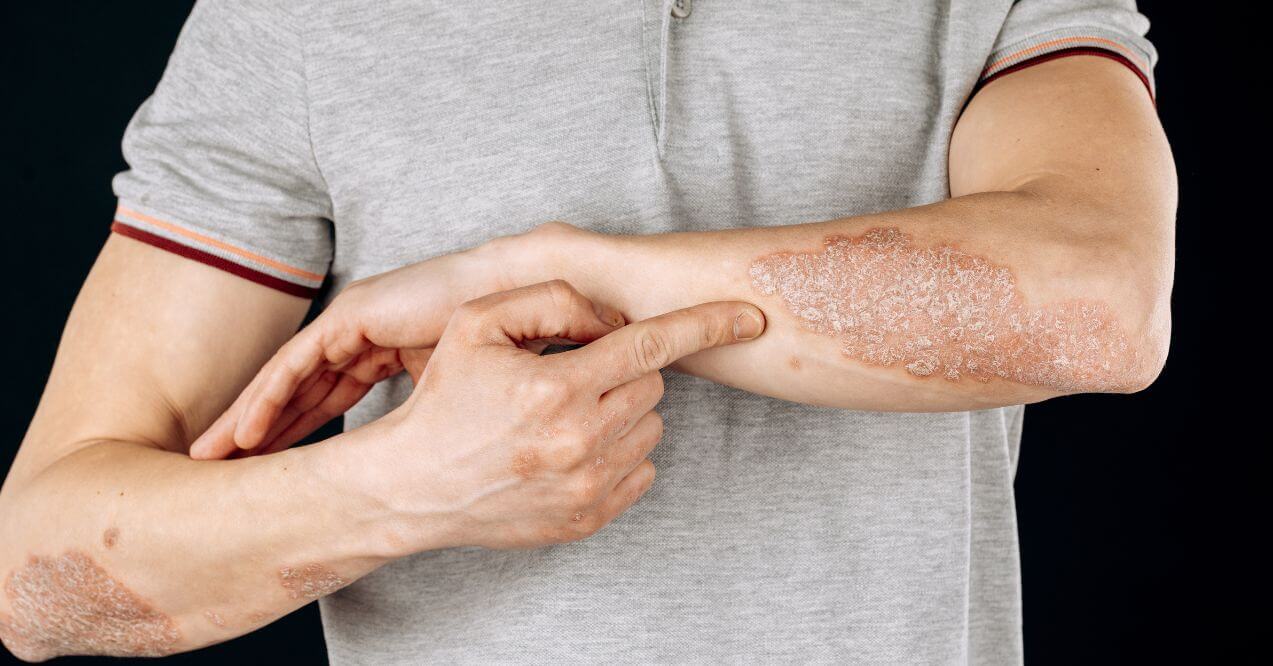
In some cases, a swollen preauricular node may be linked to systemic infections, autoimmune diseases, or, in rare instances, malignancies. While these causes are less common, they can lead to preauricular lymph node swelling as part of a broader immune response. If the preauricular lymph node remains swollen or continues to enlarge, it may require further evaluation to rule out more serious conditions.
How Are Swollen Preauricular Lymph Nodes Treated?
The treatment for swollen preauricular lymph nodes near your ear depends on what’s causing them. Most often, these nodes swell because of an infection in your ear, eye, or nearby skin. Treating these infections usually helps reduce the swelling.
Simple home treatments can help ease your discomfort:
- Placing warm compresses on the swollen area
- Staying well hydrated
- Getting regular, gentle exercise
- Using gentle massage techniques (if approved by your doctor)
Some people try natural approaches like:
- Essential oils for lymphatic drainage
- Gentle lymphatic massage
- Staying active to promote fluid movement
Remember: Always talk to your doctor before trying any new treatment. They can check if these methods are safe for your specific condition and recommend the most effective approach.
Want to learn more about the lymphatic system? Read our blog on how to clean your lymphatic system and support long-term health
Can Supplements Help Me?
Supplements formulated for lymphatic health may help alleviate swelling in the lymph nodes, including preauricular lymph nodes. These supplements often contain ingredients known for their anti-inflammatory and detoxifying effects, which can support the body’s natural detox processes.
Discover our premium lymph system supplements collection. Support optimal lymphatic flow, maintain healthy circulation, and promote overall well-being with our scientifically formulated botanical blends.

When Should I See a Doctor for Swollen Preauricular Lymph Nodes?
While swollen preauricular lymph nodes often result from minor infections, there are situations where medical attention is necessary. If the swelling lasts more than a couple of weeks, becomes progressively larger, or is accompanied by symptoms like fever, night sweats, or unexplained weight loss, it’s important to seek evaluation.
Persistent or painful swelling may require further investigation to determine if there is a more serious cause. Can allergies cause swollen lymph nodes? Your body responds to perceived threats, so it’s worth considering if you’ve been exposed to new allergens.
Prolonged swelling or unusual symptoms should not be ignored and warrant professional assessment for potential underlying issues. Pay attention to any changes in size, texture, or accompanying symptoms that develop over time.
Conclusion
Swelling of preauricular lymph nodes is often a sign that your immune system is responding to an infection or irritation near the ears, eyes, or scalp. Common causes include ear infections, eye infections, and skin or scalp conditions. In most cases, swollen preauricular lymph nodes are not dangerous and can resolve once the underlying issue is addressed.
However, if the swelling persists, grows larger, or is accompanied by other concerning symptoms, it’s important to seek medical advice. Understanding how to support your lymphatic system, such as through proper hydration, exercise, and essential oils for lymphatic drainage, can also help promote overall lymph health.
Swelling of preauricular lymph nodes is usually not dangerous and often results from infections. However, if the swelling persists, grows, or is accompanied by concerning symptoms, it’s important to seek medical evaluation for further assessment.
When only one lymph node is swollen, it typically indicates a localized infection or inflammation near the area it drains. The body’s immune response targets the specific region, causing the nearby lymph node to enlarge temporarily.
You should worry about a swollen lymph node if it persists for more than two weeks, grows larger, becomes painful, or is accompanied by symptoms like fever, night sweats, or unexplained weight loss, as these may indicate a more serious issue.
Sign up for our Healthy Living newsletter!
Advertisement. This site offers health, wellness, fitness and nutritional information and is designed for educational purposes only. You should not rely on this information as a substitute for, nor does it replace, professional medical advice, diagnosis, or treatment. If you have any concerns or questions about your health, you should always consult with a physician or other health-care professional. Do not disregard, avoid or delay obtaining medical or health related advice from your health-care professional because of something you may have read on this site. The use of any information provided on this site is solely at your own risk.



